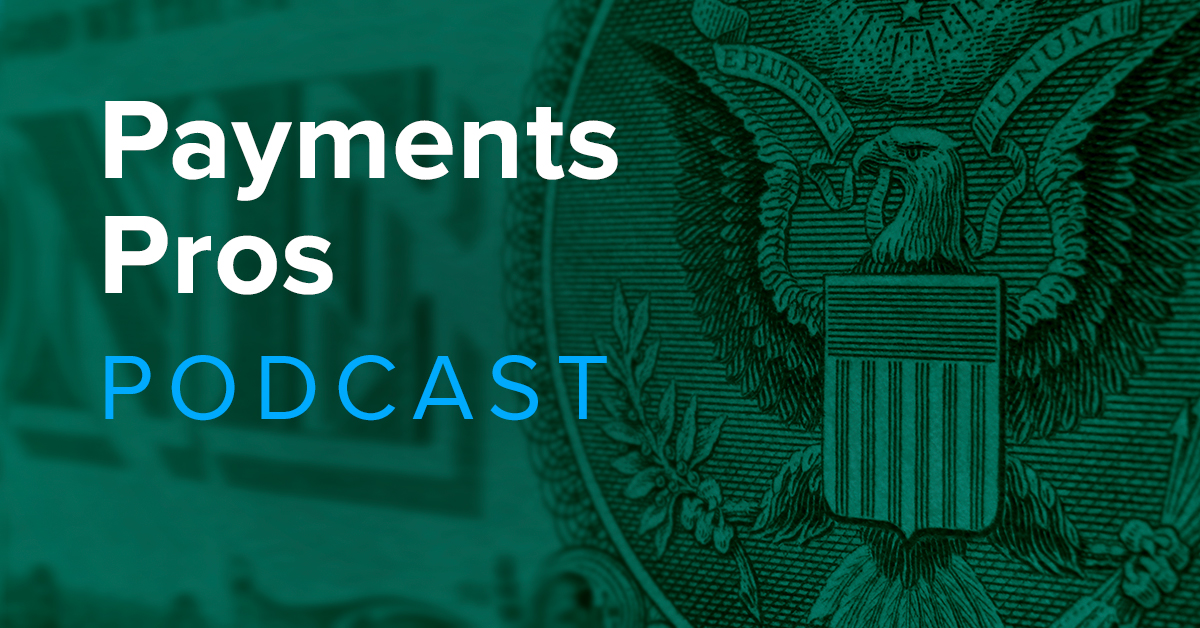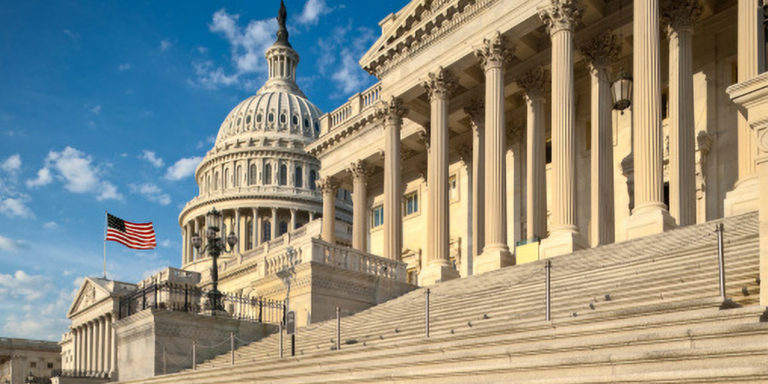In this special crossover edition of Payments Pros and The Consumer Finance Podcast, Chris Willis is joined by Josh McBeain and Glen Trudel. They discuss the recent final credit card late fee rule issued by the Consumer Financial Protection Bureau (CFPB) and the industry’s reaction to it. The rule lowers the safe harbor provision dollar amount for late fees to $8 for large credit card issuers and increases it for small issuers. The team also discusses the legal challenge filed against the rule by a collective of trade groups. They speculate on potential industry responses if the rule survives legal challenges, such as increasing APRs, creating new fees, raising minimum payments, and tightening credit.








